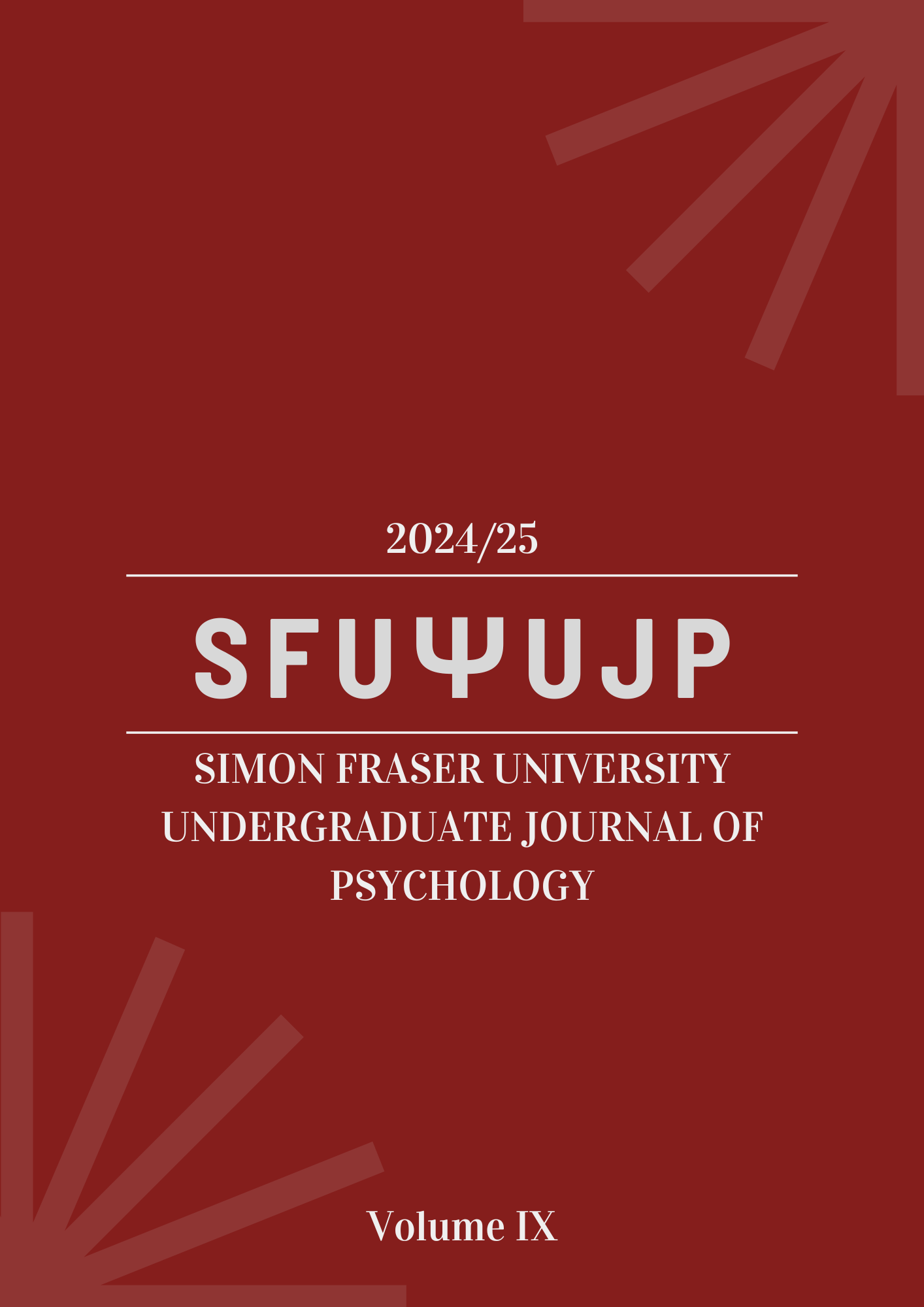Abstract
Bullying prevention interventions have been devised to reduce peer victimization and its negative effects on victims. Many primary research studies have examined the effectiveness of these programs, including some that investigated whether programs enhanced the self-esteem and overall mental well-being of students who participate in the programs, including those who have and have not been victimized. Several systematic reviews (analyses of secondary data) have assessed the overall effectiveness of these interventions. However, no systematic reviews analyzed the effect of anti-bullying programs on depression and anxiety among program participants. This review was the first systematic review to develop a comprehensive portrayal of the effect of bullying prevention programs on mental health, particularly depression and anxiety. This review was a meta-analysis of the effects of bullying prevention programs on the depression and anxiety of participants. Studies were selected by conducting literature searches on the following electronic databases: ERIC, PsycINFO, PsycARTICLES, Pubmed, Scopus, Web of Science, and Google Scholar. Only randomized clinical trials and pretest-posttest studies measuring the effect of these programs on the participants were included. A single effect size type, Cohen's d, was chosen, and any different effect size-types used in the studies were converted. All primary studies that met the selection criteria were coded for effect size. The weighted-mean effect size revealed a negligible effect of these programs in reducing the depression and anxiety levels of the students.
Keywords— Anti-bullying Programs, Bullying Prevention Programs, Depression, Anxiety

This work is licensed under a Creative Commons Attribution 4.0 International License.
Copyright (c) 2025 Samreen Kaur Ahuja

